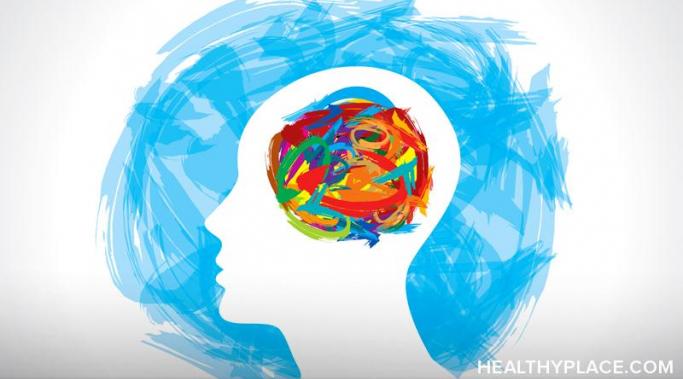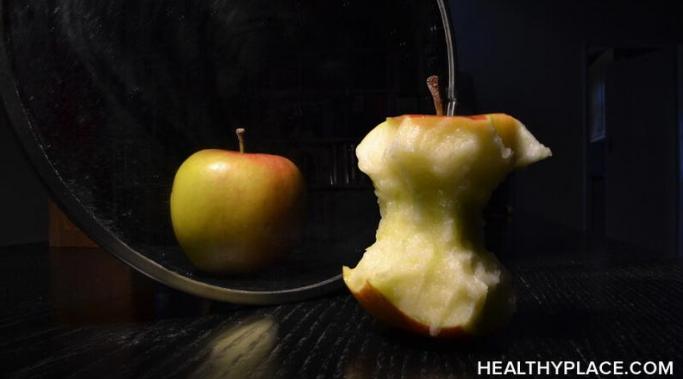Blogs
Feeling helpless during the worst of my depression made me doubt myself. It seemed like everyone around me was doing just fine on their own and I was constantly asking for help or not following through with things that I needed to do. That’s when I started questioning myself. Am I really depressed or am I just being lazy and trying to get out of something? Am I just afraid to take responsibility? Am I just fooling myself? But did you know that feeling helpless is a depression symptom?
Most likely, you will suffer a loss of identity in a verbally abusive relationship. The relationship will take you as far away from yourself as it's possible to go. Not only will you experience a loss of personal identity, you may even struggle to remember who you were before the abuse took hold. You will become a collaborator in the abusive process and the abuser will make you feel as though everything you experience is your fault, calling into question your personality and your motives (What Are Victims Responsible for in an Abusive Relationship?). So why does this happen, and can we ever unhook ourselves from it? Here's what I learned after my loss of identity in a verbally abusive relationship.
Attention-deficit/hyperactivity disorder (ADHD) and creativity are frequently linked. It makes sense that ADHD’s surplus of ideas, emotions, and energy might result in creative expression. Growing up, I had a hard time deciding what kind of art to pursue. I danced, acted, played the violin, wrote stories, and littered the house with drawings. It is no surprise that a number of composers (George Gershwin), artists (Leonardo da Vinci), and actors (Ryan Gosling) either have or are speculated to have had ADHD. Let us explore some good things about ADHD, such as why ADHD and creativity are linked and how making art benefits the ADHD brain.
Borderline personality disorder (BPD) and new relationships create a challenge. We all know borderline personalities have an issue with relationships, but is there a way to make it start out more healthy--can we learn to take it slow? Let's look at the importance of taking it slow with BPD and new relationships, and how borderline can make it difficult to not get caught up in the moment.
Body dysmorphia and binge eating disorder (BED) often go hand in hand. Body dysmorphia is characterized by having an obsessive preoccupation with one's appearance as well as being unable to see one's body the way it is in reality (Body Dysmorphic Disorder (BDD) Signs, Symptoms and Causes). Many times in binge eating disorder, body dysmorphia causes us to see ourselves as much larger than we really are. Finding awareness of these tendencies is a big step toward wellness from binge eating disorder.
Online arguments can be so tempting at times. I admit it: I hadn’t slept, couldn’t stop crying over the US’s most recent traumatic event, and had a short fuse, so I went online. I made some legitimately informative remarks on a stranger’s comment but added sarcasm. I stirred things up. And I regret it, because not only was my point lost, I’m now left obsessing over that conversation, while I’m sure nobody else is. Online arguments can often be damaging to our enjoyment of life.
Anniversaries of the death of a loved one can be really hard no matter how many years it has been. Having lost my father 10 years ago, I understand the pain of a trauma anniversary firsthand. Although I miss my father very much, I have learned many ways to handle my grief. Read on to learn about five of the methods I use to cope with the anniversary of the death of my father.
Attempting to accomplish big goals when you have bipolar disorder can end very badly. I know this; it has happened to me. But some big tasks must get done. Sometimes we have to move halfway across the country. Sometimes we have a six-month-long project for work. Sometimes we have to raise a child. Big goals don’t go away just because a person has bipolar disorder. So here are some tips I’ve learned on how to accomplish big goals with bipolar disorder.
What does it take to keep working toward your dreams even with a mental illness? I’ve always been a big dreamer, but before I received treatment for schizoaffective disorder, nothing ever came of it. My symptoms hindered me from anything I would call success.









